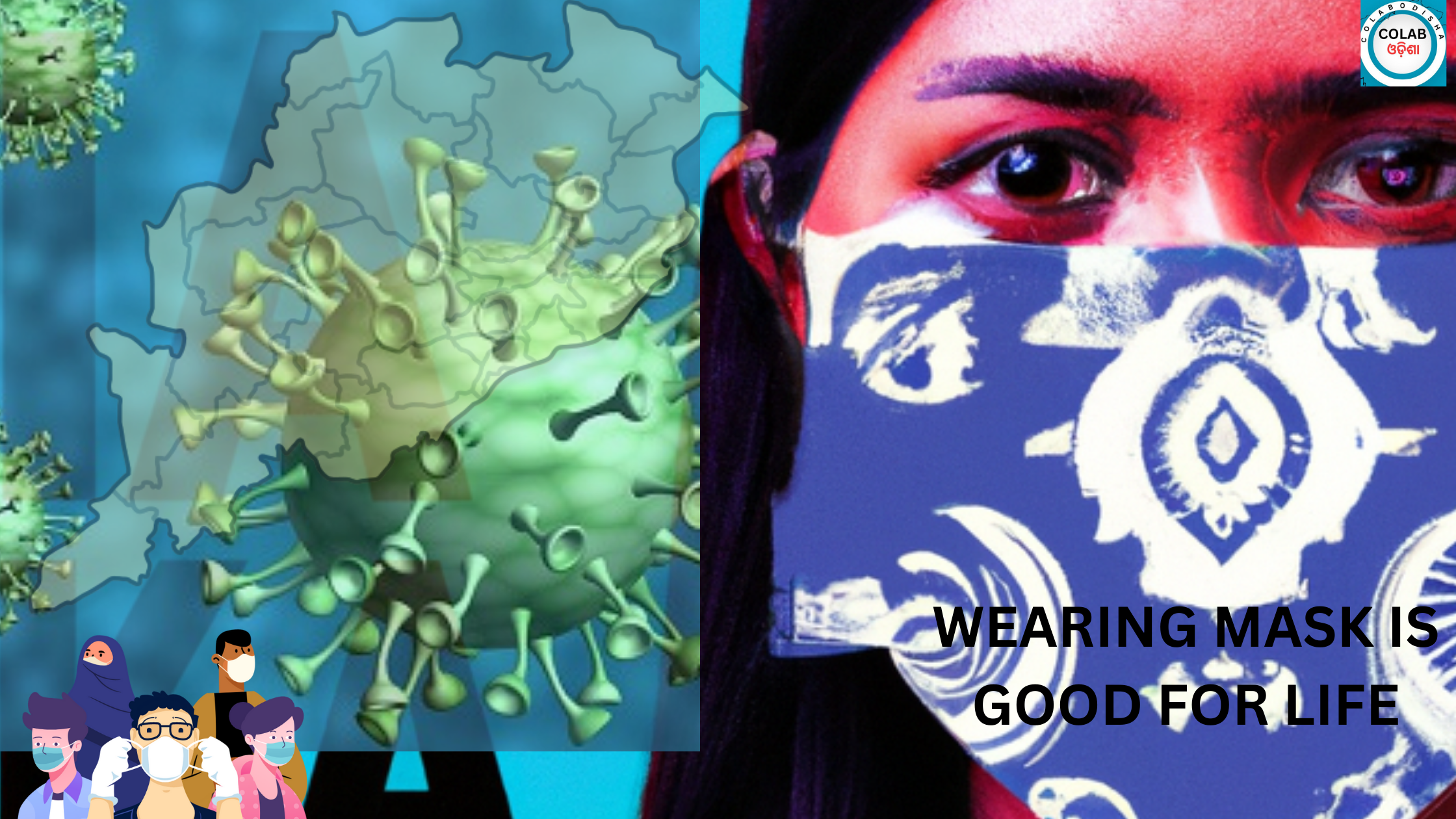With the detection of two new active COVID cases in Odisha within the last 24 hours, the total number of active patients has risen to five as of Wednesday. Earlier in December, three cases were identified, and the patient’s conditions are reported to be stable. Two of these patients have no travel history, while investigations are underway for the remaining three.
As of Wednesday, the country’s total number of active COVID-19 patients has reached 4,059. Seven individuals have lost their lives to the viral infection in India, attributed to the emergence of the new COVID sub-variant JN.1. According to data from the Union Health Ministry, three patients succumbed in West Bengal, two in Karnataka, and one each in Gujarat and Goa.
The Odisha Health Department has issued a precautionary advisory, urging elderly individuals with comorbidities to wear masks and avoid crowded places. This proactive measure aims to protect the vulnerable population and curb the potential spread of the virus.
As the situation continues to evolve, individuals must stay informed about updates from health authorities and adhere to recommended safety guidelines. The public’s cooperation is essential in mitigating the impact of the virus and preventing further transmission.
To protect yourself and others from COVID-19, here are some recommended preventive measures:
- Vaccination: Get vaccinated as soon as you are eligible. Vaccination has proven to be effective in preventing severe illness and reducing the spread of the virus.
- Mask-Wearing: Wear masks in public places, especially where social distancing may be challenging. Masks help prevent the transmission of respiratory droplets.
- Hand Hygiene: Wash your hands frequently with soap and water for at least 20 seconds. If soap is not available, use a hand sanitizer with at least 60% alcohol.
- Social Distancing: Maintain physical distance from others, staying at least 6 feet away, to reduce the risk of virus transmission.
- Avoid Crowded Places: Minimize time spent in crowded areas or places with poor ventilation, as these conditions increase the risk of exposure.
- Good Respiratory Hygiene: Cover your mouth and nose with a tissue or your elbow when coughing or sneezing. Dispose of tissues properly and wash your hands immediately.
- Regular Cleaning: Clean and disinfect frequently touched surfaces, such as doorknobs, light switches, and electronics, regularly.
- Stay Informed: Stay updated on the latest information from reliable health sources to make informed decisions about your health and safety.
- Self-Isolation if Sick: If you experience symptoms of COVID-19, stay home and self-isolate. Contact healthcare authorities for guidance on testing and further steps.
- Follow Public Health Guidelines: Adhere to guidelines and recommendations provided by local health authorities and government officials. These may include quarantine measures, travel restrictions, or other community-specific guidance.
Community Responsibility:
Being considerate of others, especially those at higher risk, is important. Supporting and contributing to collective efforts to curb the spread of the virus can help protect the community as a whole

